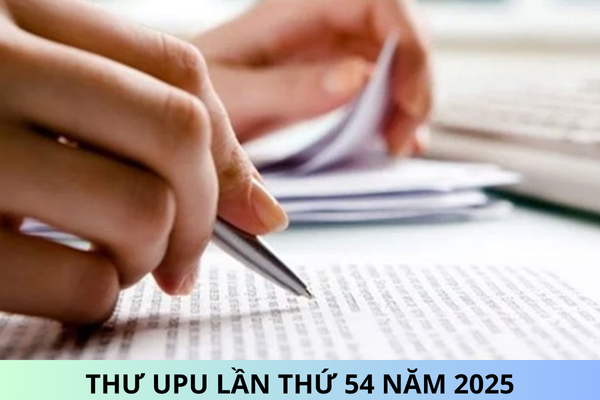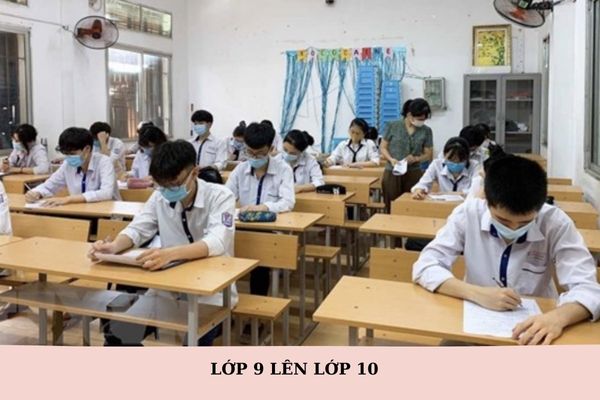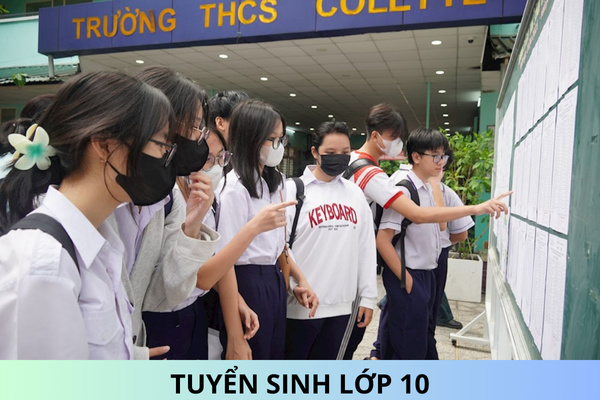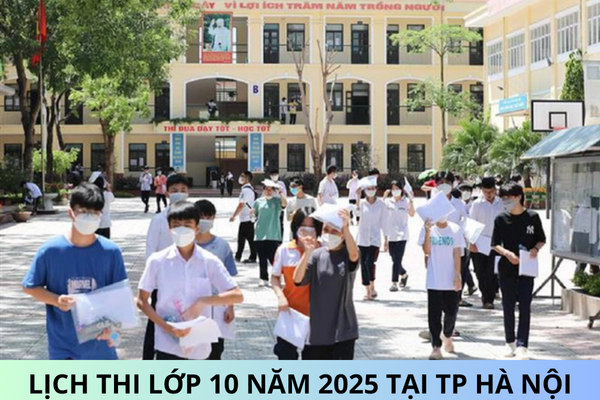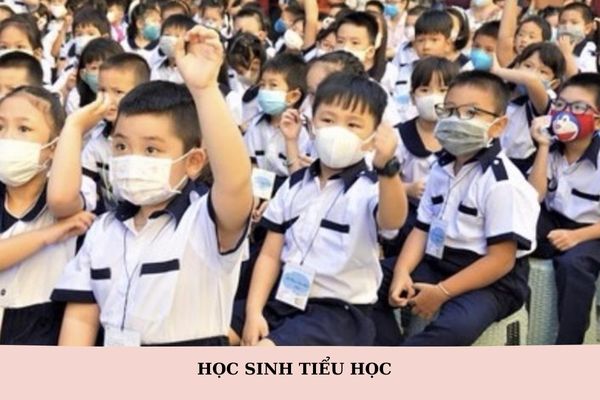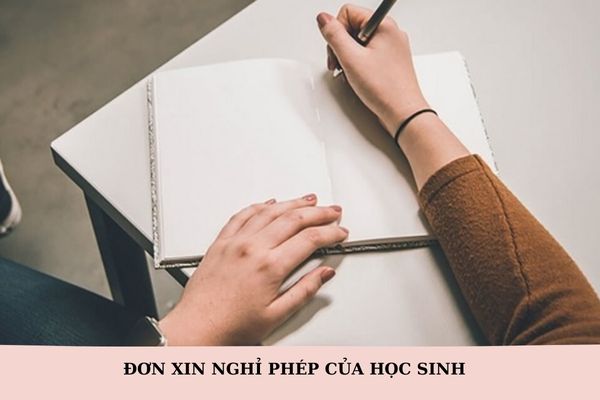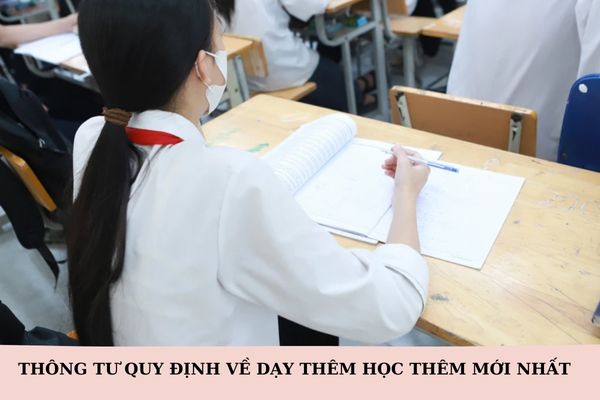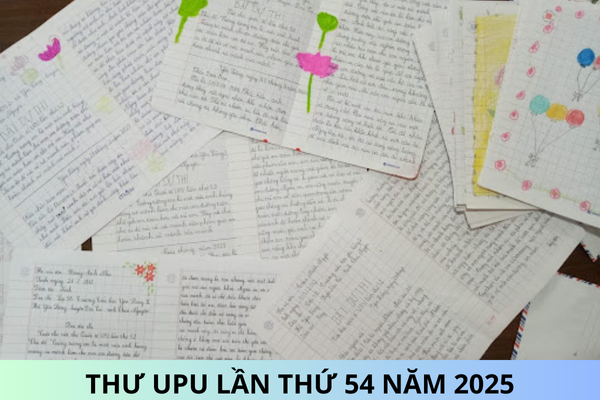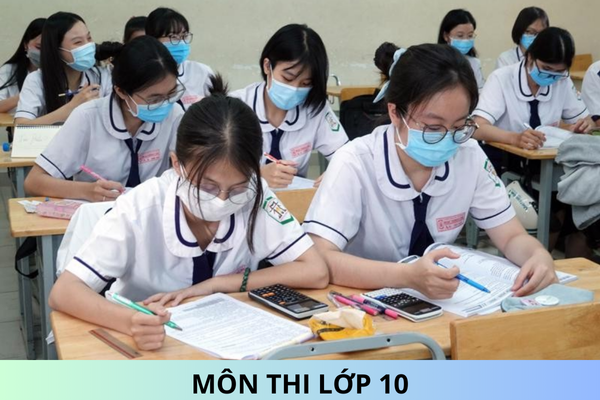What is the significance of November 20 in Vietnam? What is the lunar calendar date for November 20, 2024?
What is the significance of November 20 in Vietnam? What is the lunar calendar date for November 20, 2024?
Based on Circular 26-TT-1982 regarding the implementation of Vietnamese Teachers' Day:
After consulting with the Education Union, the Ministry instructs the implementation of Vietnamese Teachers' Day as follows:
- Vietnamese Teachers' Day is uniformly celebrated nationwide on November 20 every year in all educational institutions from preschools to supplementary education and teacher training schools.
- a) Annually, starting from October, education management levels and Education Union must proactively report to government levels and mass organizations to arrange a meeting to review the work situation and activities of the teaching staff; evaluate completed tasks and propose future actions.
Important issues to note include:
- Fully and promptly implementing the state's policies for teachers, such as providing food supplies, distribution of fabric, healthcare, working and living conditions, salary policies, and focusing on education, political, and ethical nurturing for the development of the Communist Party... to gradually improve both the material and spiritual lives of teachers, contributing to building a strong teaching team.
[...]
Thus, November 20 annually is Vietnamese Teachers' Day. According to the Perpetual Calendar, November 20, 2024, corresponds to the October 20, 2024, lunar calendar.
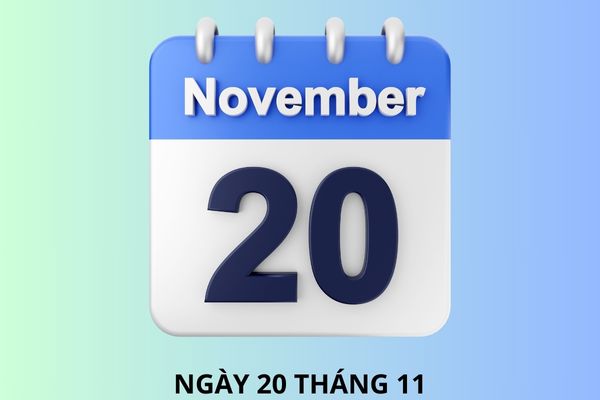
What is the significance of November 20 in Vietnam? What is the lunar calendar date for November 20, 2024? (Image from the Internet)
Is it possible for teachers to receive backhander from parents on Vietnam Teachers' Day (November 20)?
Based on Article 22 of the Anti-corruption Law 2018 on giving and receiving gifts:
Article 22. Giving and receiving gifts
- Agencies, organizations, units, individuals with positions, and authority are not allowed to use public finances and assets to make gifts, except for gifts for charitable purposes, diplomacy, or other necessary cases prescribed by law.
- Agencies, organizations, units, individuals with positions, and authority are not allowed to directly or indirectly accept gifts in any form from agencies, organizations, units, or individuals related to their work or within their management scope.
- The Government of Vietnam provides detailed regulations on this Article.
Based on Article 4 of the Code of Professional Ethics for teachers issued with Decision 16/2008/QD-BGDDT on professional ethics:
Article 4. Professional ethics
- Commitment to the profession, maintaining the honor and conscience of educators; fostering solidarity, love, and assistance among colleagues in life and work; having a compassionate, tolerant, generous nature, treating learners and colleagues with kindness; willing to assist and protect the legitimate rights and interests of learners, colleagues, and the community.
- Dedication to work; abiding by the regulations, rules, and code of the unit, school, and sector.
- Fairness in teaching and education, accurately assessing the real capabilities of learners; practicing thrift, combating achievement chasing, preventing corruption, and wastefulness.
- Regularly criticize and self-criticize seriously; continually improve professional expertise, foreign languages, and information technology to excellently perform assigned tasks, meeting the increasing demands of the educational career.
According to the professional ethics regulation for educators, teachers are to practice anti-corruption, and teachers are not allowed to directly or indirectly accept gifts in any form related to their work or within the scope of their management.
Therefore, teachers are not allowed to receive envelopes from parents on Vietnamese Teachers' Day, November 20.
What level of education shall a teacher in Vietnam have?
According to Article 72 of the Education Law 2019 on the required educational qualifications for teachers:
Article 72. Standard Education Degrees for Educators
- The standard education degrees for educators are specified as follows:
a) Having a college degree in pedagogy or higher for preschool teachers;
b) Having a bachelor's degree in a teacher training discipline or higher for primary, lower secondary, and upper secondary school teachers.
In cases where there are insufficient teachers with bachelor's degrees in teacher training disciplines, those with bachelor's degrees in relevant subjects and pedagogical training certificates are required;
c) Having a master's degree for university-level educators; a doctoral degree for educators teaching and guiding master's theses and doctoral dissertations;
d) The standard education degrees for educators teaching in vocational education institutions are regulated by the Law on Vocational Education.
...
Thus, the education qualifications for teachers are specified as follows:
- For preschool teachers: Having a college degree in pedagogy or higher.
- For primary, lower secondary, and upper secondary school teachers: Having a bachelor's degree in teacher training disciplines or higher.
However, if a subject lacks sufficient teachers with bachelor's degrees in teacher training disciplines, teachers must have a bachelor's degree in a relevant subject and a pedagogical training certificate according to the professional title standards for teachers.
